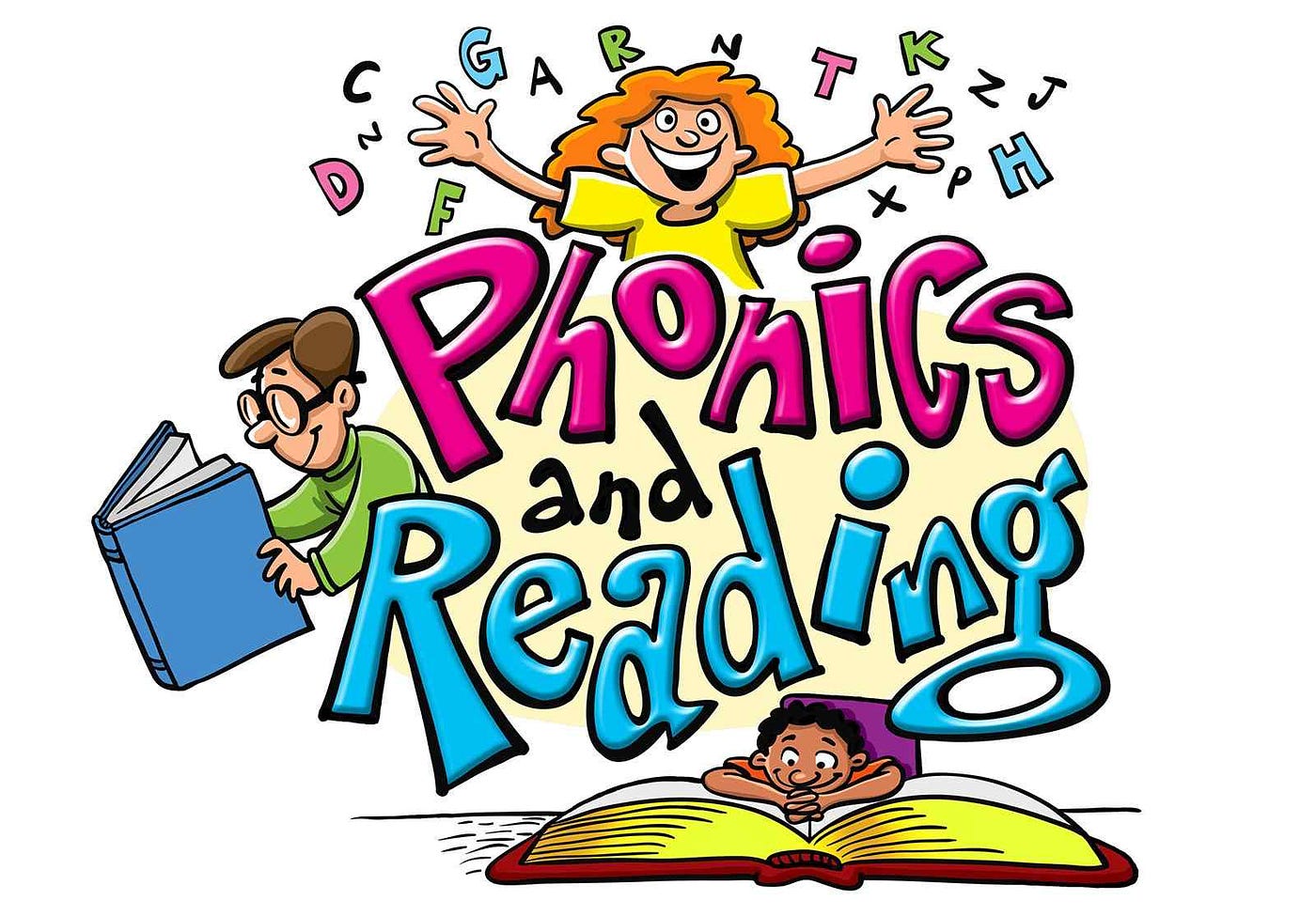Introduction
Phonics, or phonaesthetics, is the process of associating sounds with letters and blending them together to spell out words that are then interpreted by the reader to form an understanding of the overall message. It’s what every child (or adult) needs to learn in order to comprehend the meaning of written English. Here are seven reasons why phonics should be considered important when learning how to read English text.
1) Language comprehension
Many people in school skip phonics education, but it’s a crucial step to improving your overall reading comprehension. If you want to be able to read at a higher level and understand what you are reading, you need to learn phonics. Without practice, learners are not able to fully comprehend what they are reading. This can lead to frustration and discouragement. The good news is that with some practice, readers can easily improve their language comprehension skills by learning how to decode new words as they read. This allows them to understand what they are reading without having to reread passages over and over again.
2) It’s an essential part of learning English
Children in phonics education programs do better than their peers, and adults who complete phonics courses generally read faster and more fluently. It supports young readers’ development: Strong readers have automaticity of decoding, which allows them to understand a word by its spelling rather than having to sound it out each time. Developing strong reading skills early on also boosts children’s self-esteem and confidence later in life. It helps you become a fluent reader: Fluency means being able to read words accurately, quickly and automatically. With practice at sounding out words, your child will be able to decipher new words as they are encountered in books or newspapers without needing to stop and decode every single one. Your child will love reading even more! It’s an easy way for parents to help with homework! When kids are struggling with their homework, parents can often help simply by reading aloud together—and encouraging them if they get stuck on any tricky words. It makes learning fun! Kids love learning through play so using games like I Spy or Word Jumble are great ways of incorporating phonic activities into your daily routine.
3) Learning to decode words
Consistent reading with phonics education improves your grasp of vocabulary and language. Phonics allows young readers to develop their reading comprehension and decode new words as they read. With practice, this action becomes so automatic that they are able to easily understand the overall meaning of words while they are reading. Learning how to use phonics will help children learn how to read in a more efficient manner which can lead them on a path toward becoming better readers overall. It’s important that parents take time out each day to help their children practice decoding and understanding new words by using phonic strategies such as sounding out letters or groups of letters, blending sounds together, or looking at word patterns. By doing so, you’ll be helping your child build a strong foundation for learning how to read in an effective manner which will carry over into all aspects of life from schoolwork, hobbies, and socializing with friends!
4) Developing a thorough understanding of word structure
All words are built from smaller pieces of language known as morphemes. Phonetic decoders understand that by breaking down and learning each morpheme, they can better understand how words are formed and what meaning they represent. For example, if we break apart run and jump we can see that both run and jump have similar meanings, but have different components. In order to create sentences in which these words make sense together, it is important to understand what each of these morphemes means individually as well as together.
5) Help with pronunciation
Most native English speakers have a certain way of pronouncing words, which can often be very difficult to understand for those whose first language isn’t English. In many cases, there are multiple ways of pronouncing each word, depending on where you are from. For example, saying cot instead of caught or canal instead of channel. Sometimes speaking with an accent can make you seem unintelligent when in fact it is just because they don't pronounce words correctly and it makes your sentences hard to understand. Practise in front of a mirror every day to get better at pronouncing new words and phrases as well as become more confident while talking with others.
6) Helps with dyslexia and other learning difficulties
While phonics can be difficult for some people, it gives others an opportunity to work on areas of their reading comprehension and knowledge of vocabulary that could help with dyslexia and other learning difficulties. For example, if you're struggling with spelling issues, focusing on improving your decoding skills will allow you to pick up clues from a word's context without being able to recognize every single letter. And focusing on memorizing sight words can also improve your ability to understand what you read while helping give your dyslexia less ammunition against your reading comprehension. By practising reading in different settings—for example, at home or during lunch breaks—you can see just how much progress you’re making over time as you move toward literacy mastery.
7) Puts you ahead in academic life
This applies only if you are in school. Learning phonics not only helps with reading comprehension, but it also gets your child ahead of their peers when it comes to performing well on spelling tests and writing assignments. Schools stress a lot on these subjects and phonic skills greatly help students improve in them without much hassle. So, what are you waiting for? Introduce your child to phonics as soon as possible. You can enrol them in a reading class or even have them read out loud every day so that they gain confidence in themselves. There’s nothing to lose!
You May Also Like 👇
Loading...

